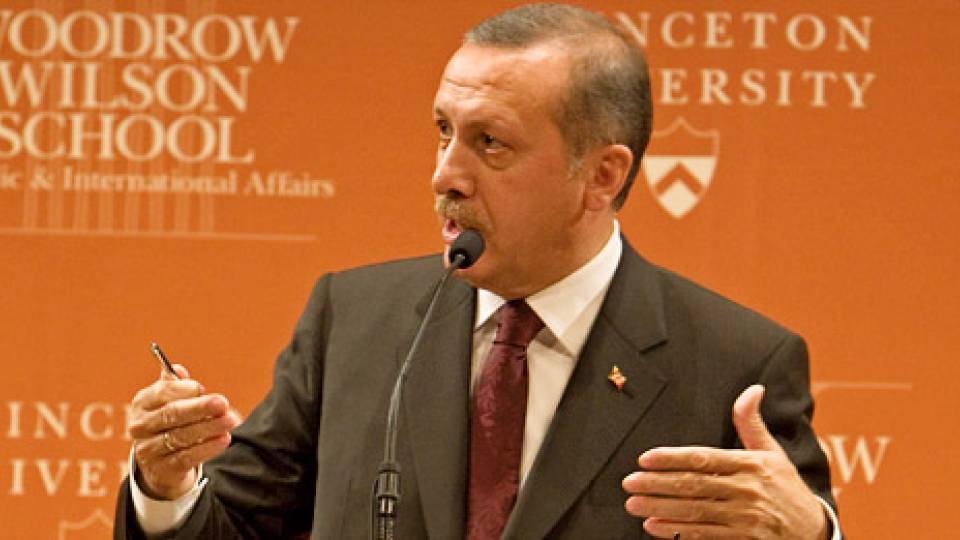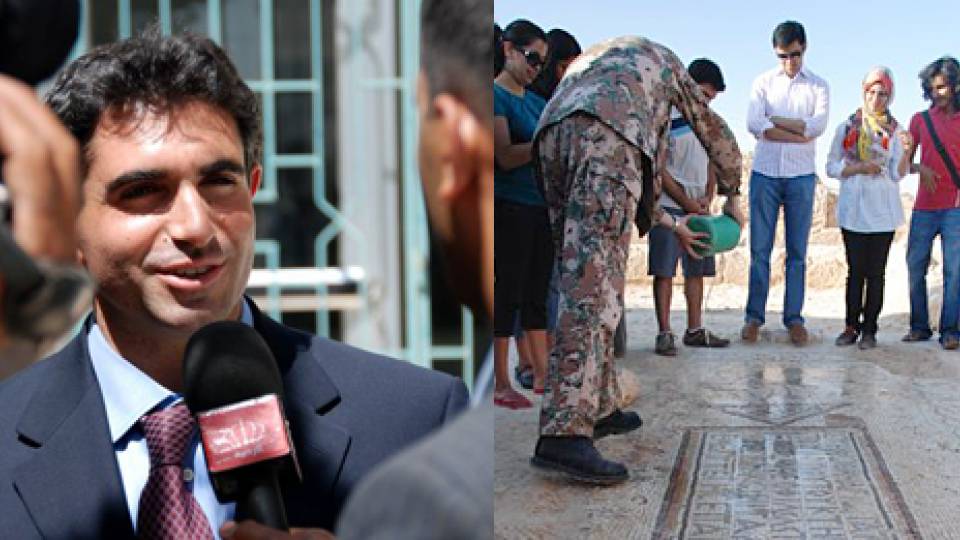Religious leaders from throughout the world will gather at
PrincetonUniversity Sunday, Dec. 10 at 10 a.m. for a public panel
discussion onthe religious dimensions of self-determination, as the
universityofficially opens the new Liechtenstein Institute on
Self-Determination.
The discussion, "Religious Dimensions of Self-Determination andthe
State: Concepts, Perspectives, Propositions," will take place
atPrinceton's Woodrow Wilson School of Public and International
Affairs,in Dodds Auditorium in Robertson Hall. The Institute was
foundedearlier this year to foster research and develop practical
resolutionsto the kind of internecine warfare that recently has
threatenedinternational peace and devastated places like Bosnia,
Chechnya, andthe Balkans.
"Within the last 10 years, since the fall of the Berlin Wall,many of the major international and intra-state conflicts relating tosecession and self-determination have a religious dimension," said theInstitute's founding director, Wolfgang F. Danspeckgruber, a lecturerin the Woodrow Wilson School. "To better understand this - itsfoundations and its impact on the outcome of conflicts - we have askedmajor religious leaders to address the issue of self-determinationthrough the prism of their respective faiths."
Confirmed participants include the Reverend Dr. Joseph C.Williamson, Princeton's dean of religious life; the Honorable Imam OmarAbu-namous of the Islamic Cultural Center in New York City; ArchbishopRenato R. Martino, permanent observer of the Holy See to the UnitedNations; Rabbi Arthur Schneier of Park East Synagogue in New York Cityand president of the Appeal of Conscience Foundation; The RightReverend Carolyn Tanner Irish, Episcopal Bishop of Utah; The ReverendIrinej Dobrijevic, director of the Office of External Affairs for theSerbian Orthodox Church in the United States and Canada; and TheReverend Father Papken Anoushian of the diocese of the Armenian Churchin New York. Each will address self-determination of states from theperspective of his or her denomination and traditions, and Irish alsowill consider issues relating specifically to women and children.
Princeton University President Harold T. Shapiro and PrinceHans Adam II of Liechtenstein, an authority on self-determination whosegift of $12 million created the Institute, also are scheduled to speak.
The Institute brings together scholars, diplomats, andcommunity leaders to help develop guidelines for governments facingcivil unrest, and to create management strategies for situations whereviolence does occur. "My family and I believe this is a soundinvestment for the benefit of mankind," the Prince said.
The Institute involves undergraduates, graduate students andfaculty members from the Woodrow Wilson School of Public andInternational Affairs and the departments of politics, economics andsociology. It grew out of the University's Liechtenstein ResearchProgram on Self-Determination, established in 1994 through a gift fromthe Prince. Since its inception, the research program, directed byDanspeckgruber, has broken new ground conducting fundamental researchon self-determination and by bringing key players from countries inconflict face-to-face for public discussions and private conferences.
"We hope that by creating an objective framework fordiscussion, we will generate ideas that help avoid violence," saidDanspeckgruber. "The roots of these conflicts usually go back manygenerations, and are not simple to resolve. By looking at them withinthe context of a region's history, population, and geography, we hopeto find solutions that can satisfy a community's need for increasedautonomy without causing bloodshed based on age-old patterns orrivalries."
Contact: Justin Harmon (609) 258-3601

